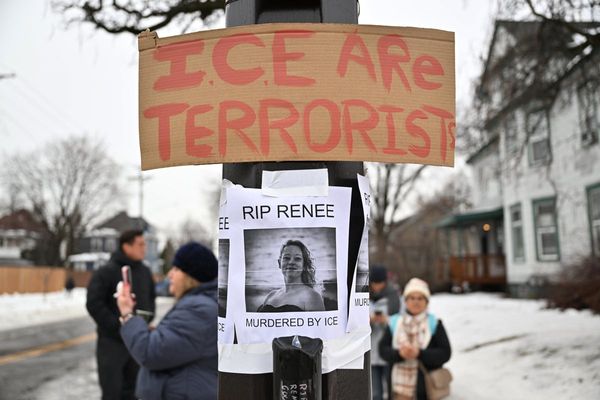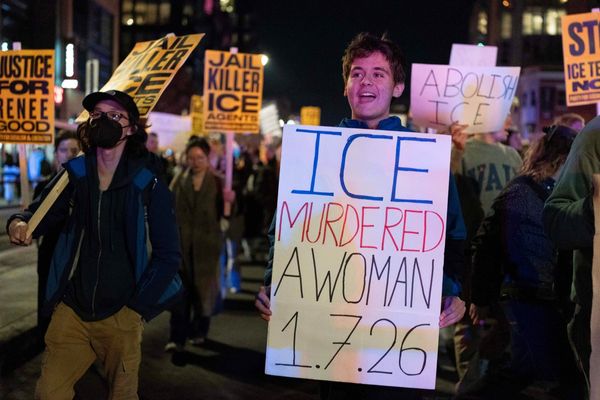
Russia has blocked an agreement at the United Nations that was aimed at bolstering the nuclear non-proliferation treaty (NPT) because Moscow objected to a clause about control over the Zaporizhzhia power plant in Ukraine.
The failure to agree to a joint statement after four weeks of debate and negotiation among 151 countries at the UN in New York is the latest blow to hopes of maintaining an arms control regime and keeping a lid on a rekindled arms race.
The closing session was put off for more than four hours over Russian refusal to agree to a lengthy statement of support for the NPT which included a reference to the Zaporizhzhia nuclear power plant, which is occupied by Russian forces close to the frontline in Ukraine’s south-east.
Alarm was raised on Thursday when the plant was temporarily cut off from the Ukrainian electricity grid but the connection was restored. Russian forces are reportedly planning to sever the plant more permanently from the grid, raising concerns of a possible disaster.
A paragraph in the final draft text on Friday stressed “the paramount importance of ensuring control by Ukraine’s competent authorities of nuclear facilities … such as the Zaporizhzia nuclear power plant”.
The Russian delegation was the only one to speak against the agreed text, but blamed the breakdown of the conference on Ukraine and its “protectors”, calling the negotiations a “one-sided game”. After delivering its statement, the Russian delegation walked out of the UN chamber.
The NPT was a deal struck in 1968 in which nuclear weapons states pledged to disarm while states without nuclear weapons promised not to acquire them. At the time there were five acknowledged nuclear powers, though Israel had secretly developed a weapon of its own by then. There are now nine states which possess nuclear warheads. Before the NPT came into force, some had predicted there would be dozens countries with their own arsenals.
It is the second five-yearly review conference that has failed to issue a joint statement recommitting to the goals of the treaty. It has been 12 years since there was even partial agreement.
But Sarah Bidgood, the director of the Eurasia nonproliferation program at the James Martin Centre for Nonproliferation Studies, said the NPT was not irreparably broken, and that every other country would have accepted the text.
“The bigger takeaway for me is just how far-reaching the impact of Russia’s war in Ukraine has become,” she said. “Even at some of the darkest moments of the cold war, cooperation in support of the NPT was often possible. But what we saw at the final plenary today does not bode well for the future of nuclear diplomacy, including on issues like arms control.”
Beatrice Fihn, the executive director of the International Campaign to Abolish Nuclear Weapons, said the disarmament elements in the proposed text had already been diluted by all five of the official nuclear powers recognised by the treaty – Russia, the US, France, the UK and China.
“So, in all honesty, I don’t think it makes much difference,” she said. “This is the very dangerous game the nuclear weapon states are playing by consistently failing to achieve anything in this treaty. At some point, non nuclear weapon states are really going to start questioning whether or not this treaty is worth the effort, and if it’s relevant.”
Fihn argued that the continued failure of NPT review conferences to find common ground meant it was all the more important for countries to join the treaty for the prohibition of nuclear weapons (TPNW), which seeks to ban them outright. It came into force in January 2021, and so far 66 states have ratified or acceded to the treaty.
“It’s going to be really relevant that we quickly move forward with the TPNW and get more states,” Fihn said. “It’s really an insurance that if [the NPT] continues to fail, that we don’t stand without anything.”







